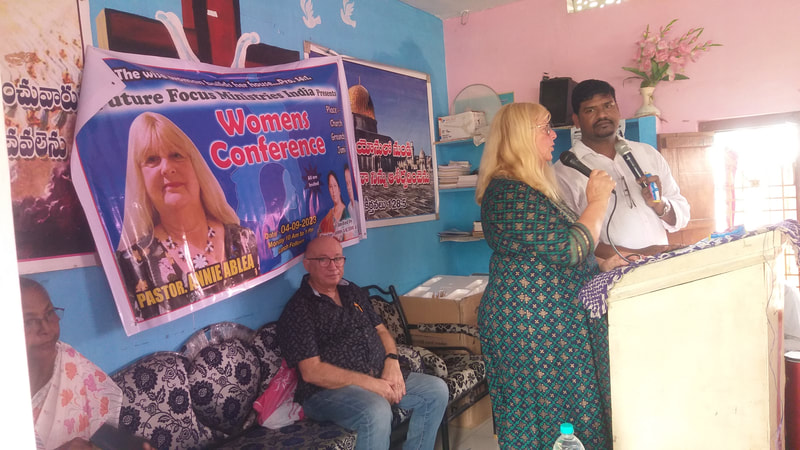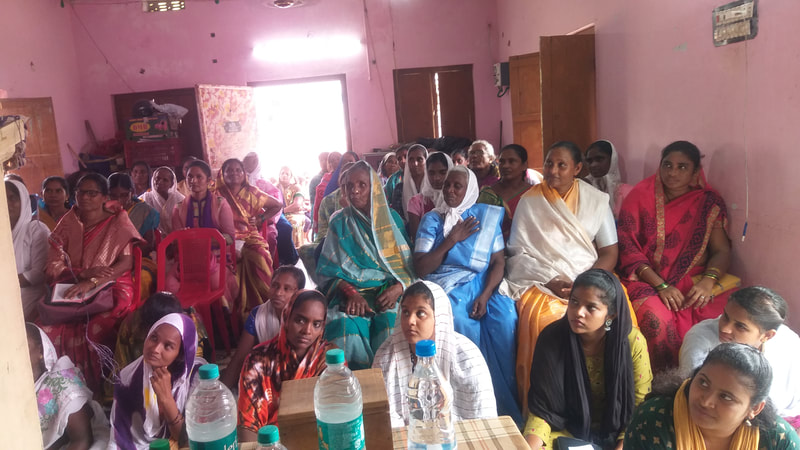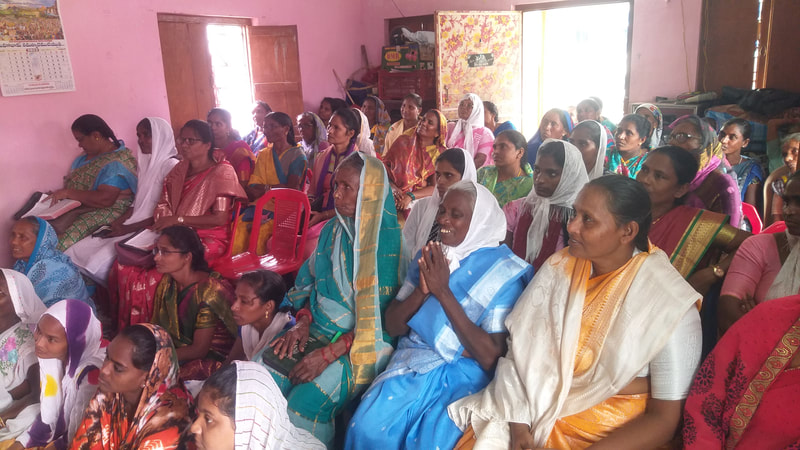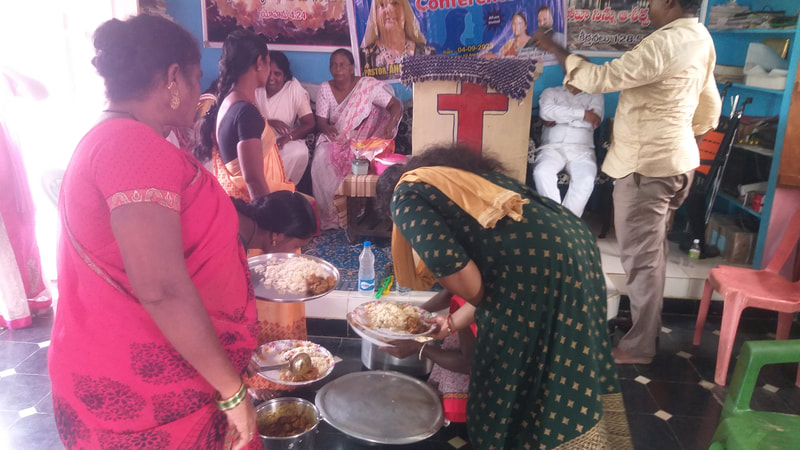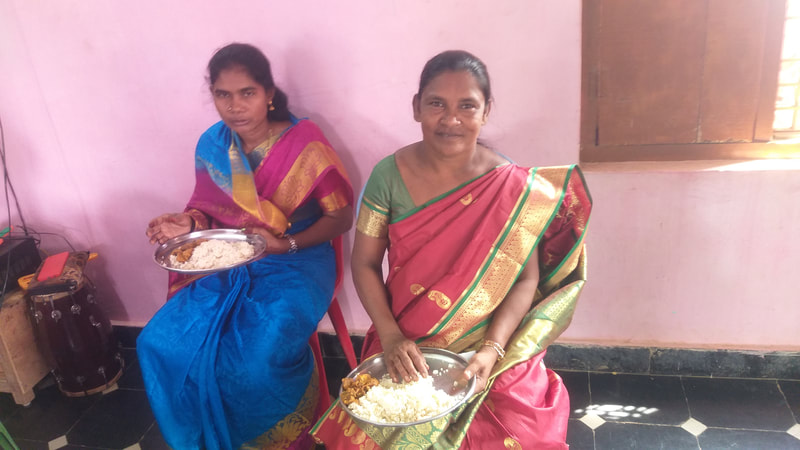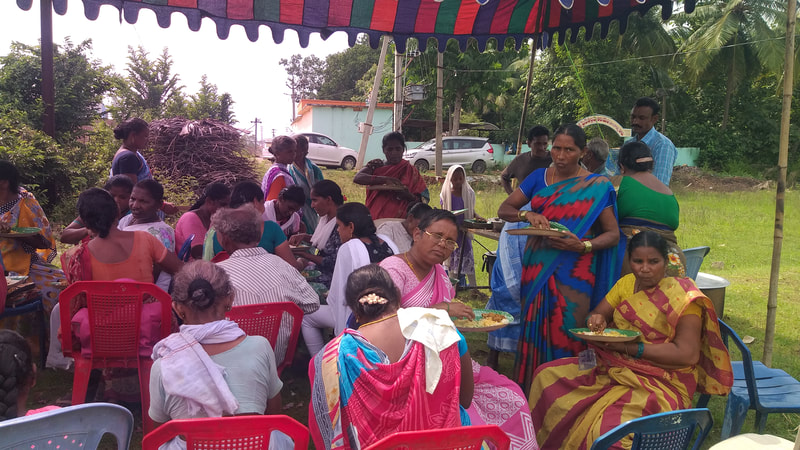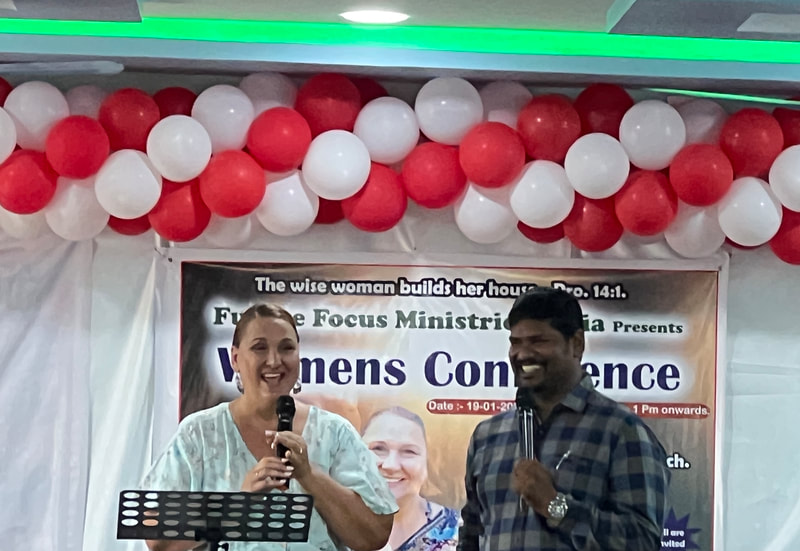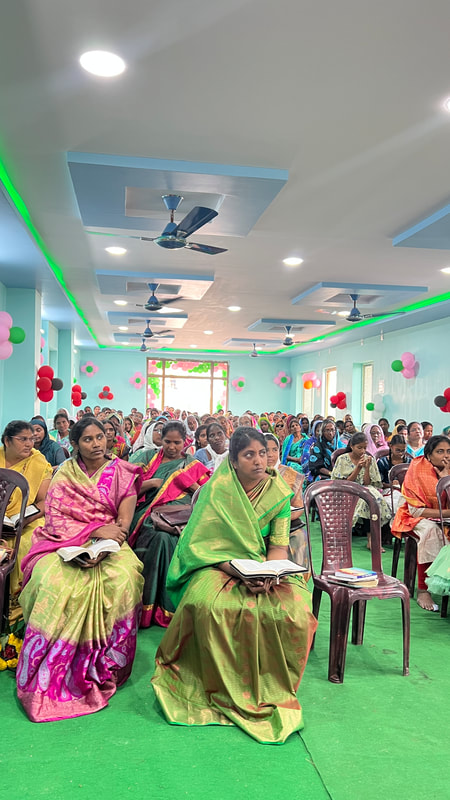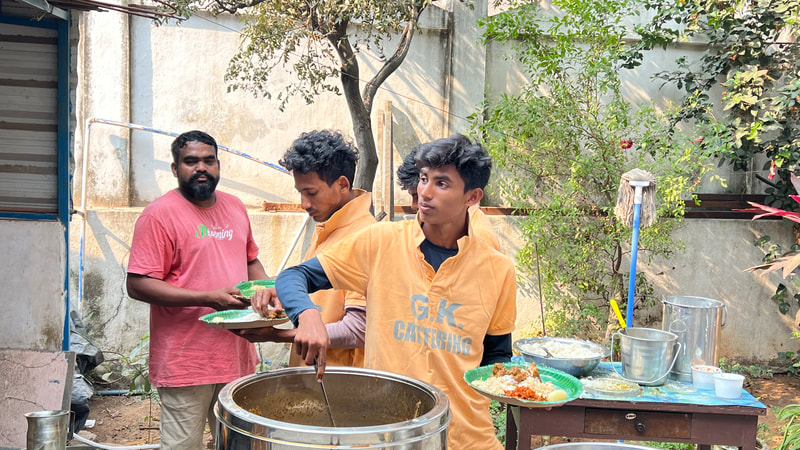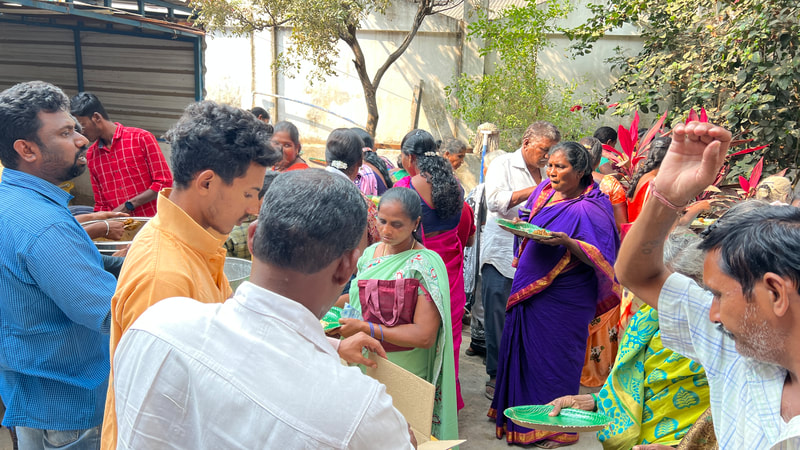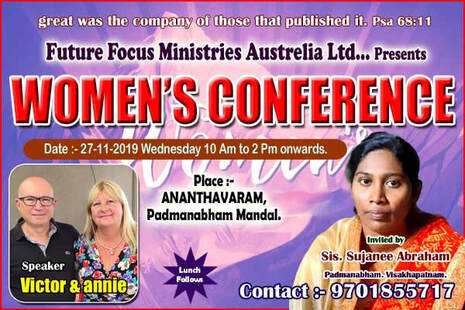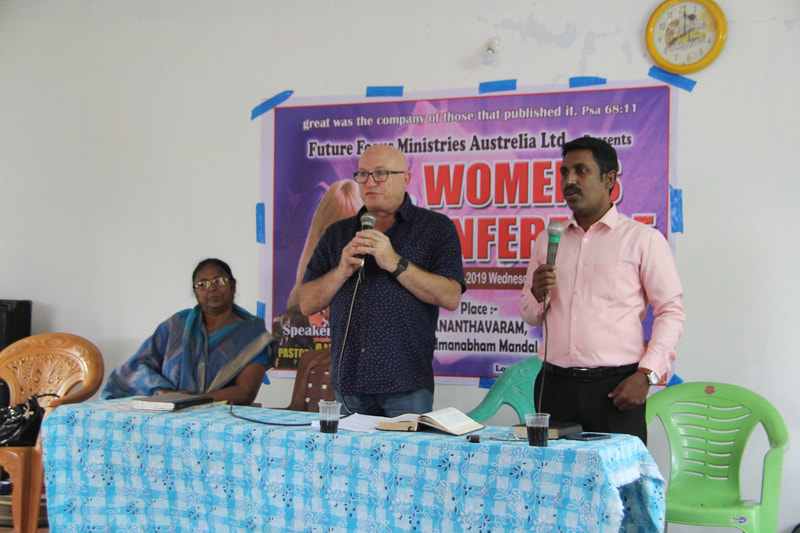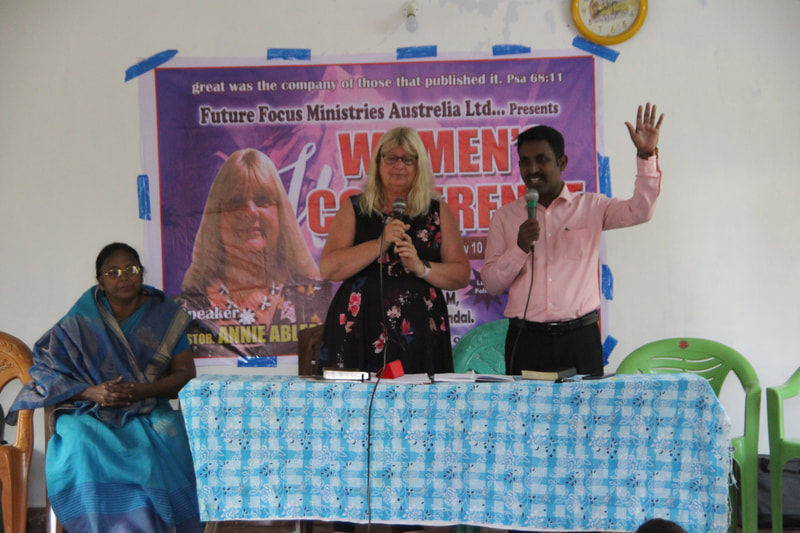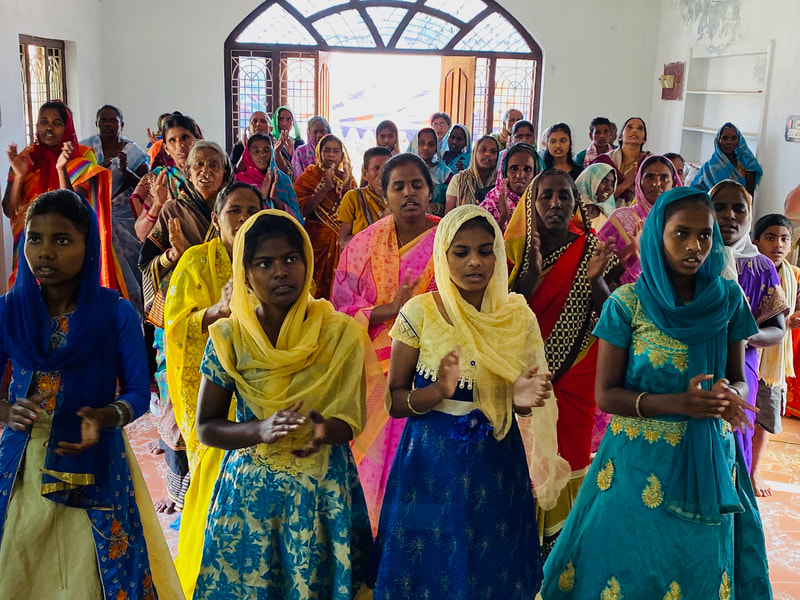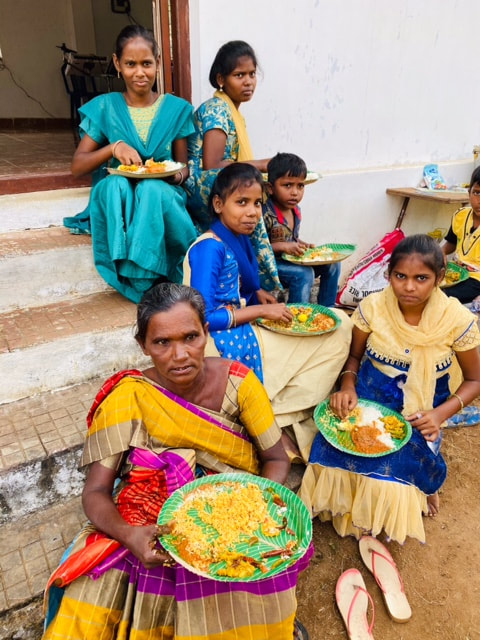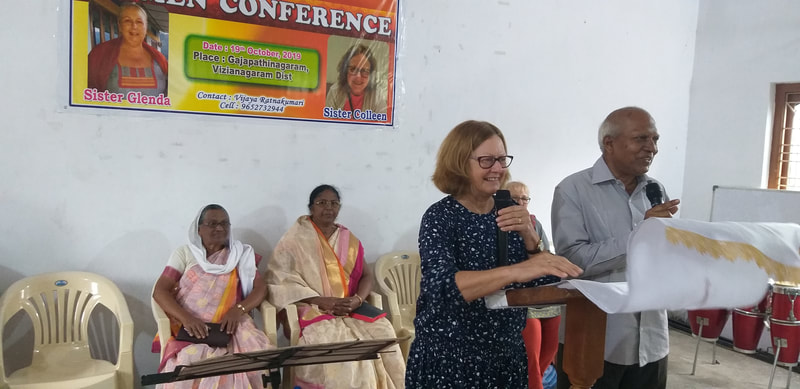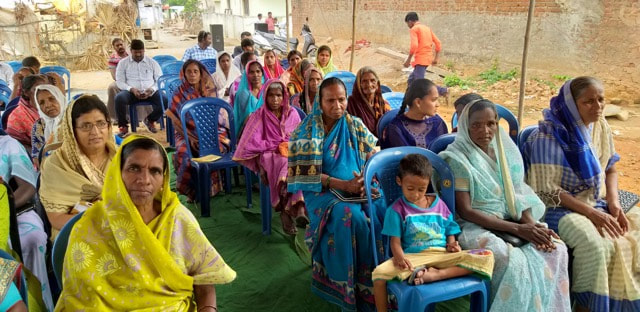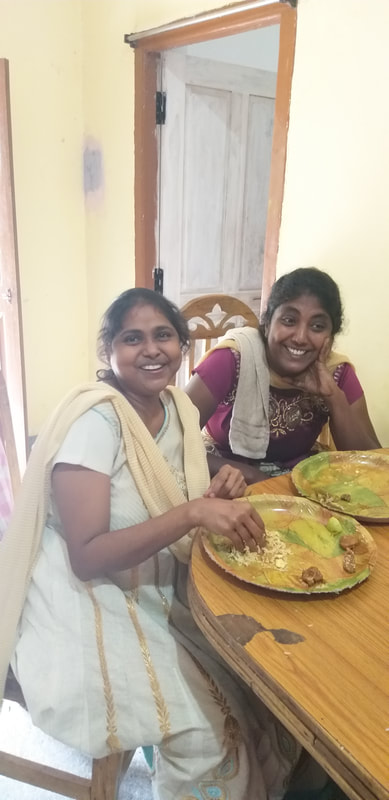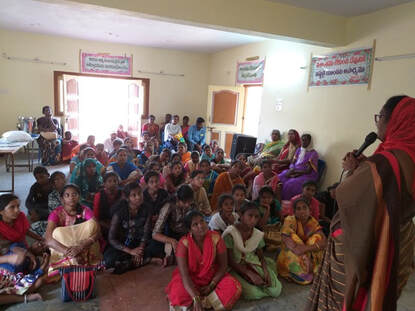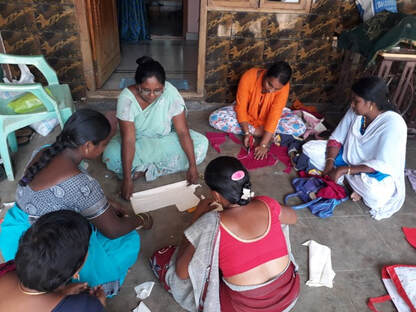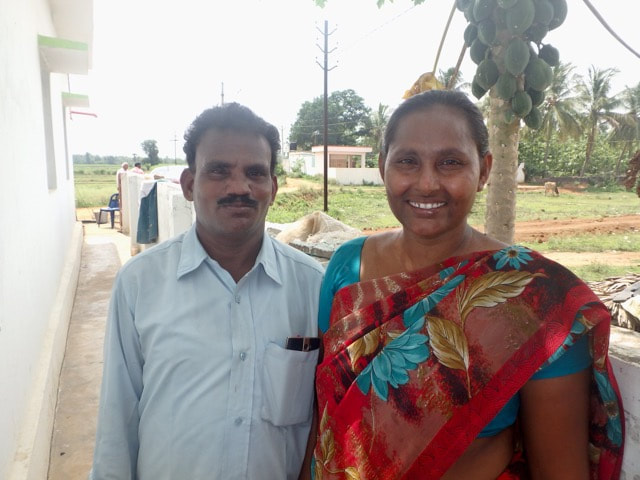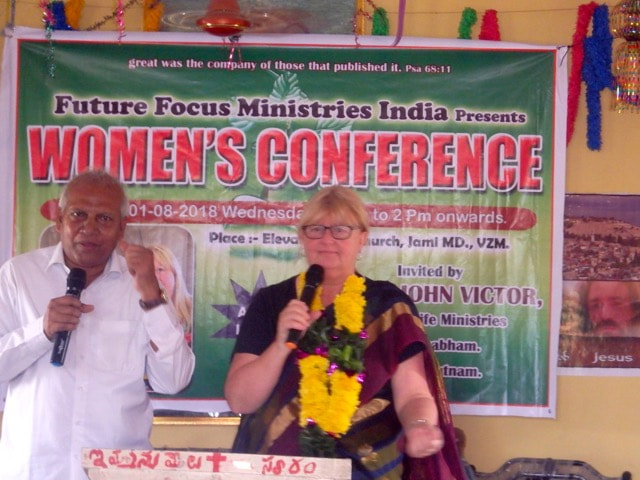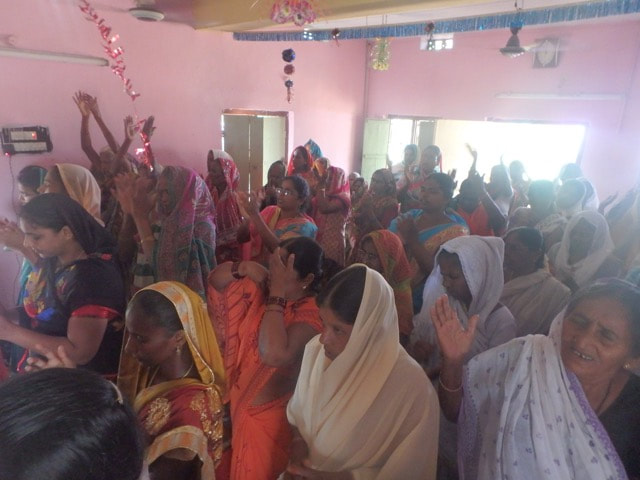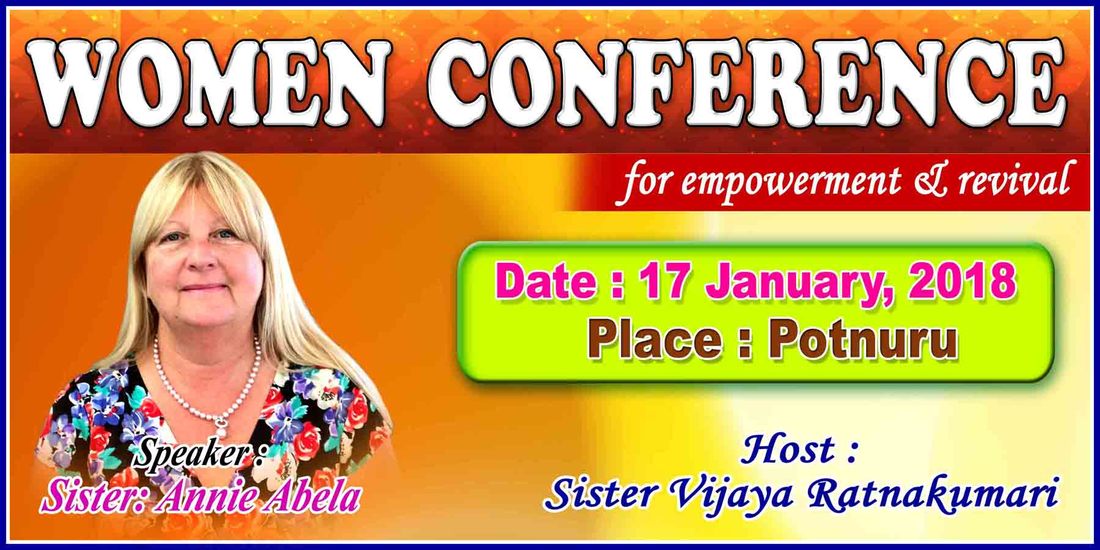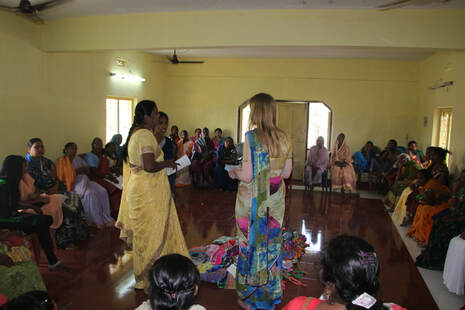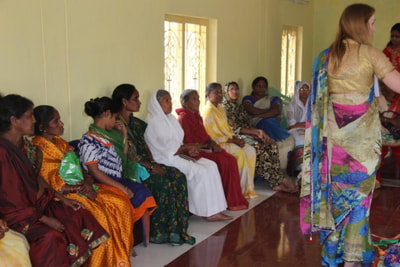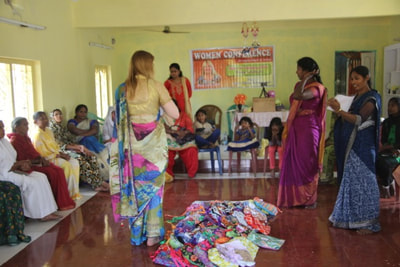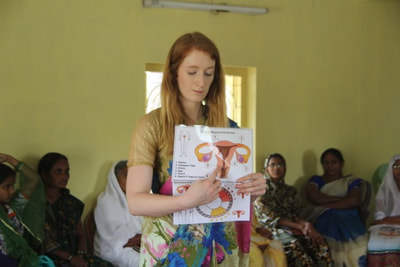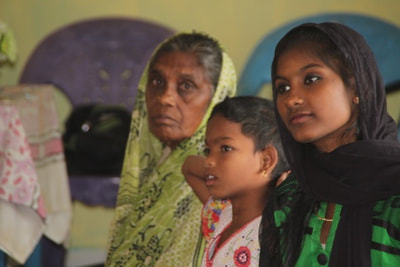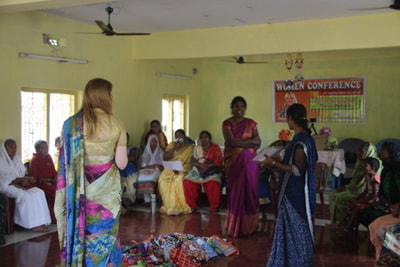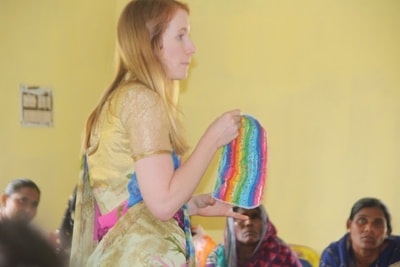|
Why do we organise womens health conferences in poor villages in India?
Women in India face many serious health concerns, reproductive health, violence against women,
nutritional status, unequal treatment of girls and boys.
Because of the wide variation in cultures, religions, and levels of development among India’s 25 states and 7 union territories,
Malnutrition and poor nutrition among women begins in infancy and continues throughout their lifetimes.
Women and girls are typically the last to eat in a family. If there is not enough food they are the ones to suffer most
Menstruation affects women’s social life and schooling in India.
A Hindu woman abstains from worship and cooking and stays away from her family and schooling,
as her touch is considered impure during this time.
some women and girls in poor communities can’t afford sanitary pads or tampons,
which would normally be changed around four times a day during menstruation.
Instead,the vast majority of women and girls use rags.
Rags are washed quickly inside the latrine and used several times.
There is no private place to change and clean the rags and often no safe water and soap to wash them properly.
Even in their homes, a culture of shame forces women to find well-hidden places to dry the rags. These places are often damp, dark and unhealthy.
Part of our sewing training is to make Days for Girls packs. The trainees ladies can then sell then in village markets for a small fee.
Women in India face many serious health concerns, reproductive health, violence against women,
nutritional status, unequal treatment of girls and boys.
Because of the wide variation in cultures, religions, and levels of development among India’s 25 states and 7 union territories,
Malnutrition and poor nutrition among women begins in infancy and continues throughout their lifetimes.
Women and girls are typically the last to eat in a family. If there is not enough food they are the ones to suffer most
Menstruation affects women’s social life and schooling in India.
A Hindu woman abstains from worship and cooking and stays away from her family and schooling,
as her touch is considered impure during this time.
some women and girls in poor communities can’t afford sanitary pads or tampons,
which would normally be changed around four times a day during menstruation.
Instead,the vast majority of women and girls use rags.
Rags are washed quickly inside the latrine and used several times.
There is no private place to change and clean the rags and often no safe water and soap to wash them properly.
Even in their homes, a culture of shame forces women to find well-hidden places to dry the rags. These places are often damp, dark and unhealthy.
Part of our sewing training is to make Days for Girls packs. The trainees ladies can then sell then in village markets for a small fee.
Womens Conference with lunch Jami Village 2 September 2023
Womens conference Padmanabham village India 19/01/2023
Lunch was served for all with great fellowship
Womens Health Conference Ananthavaram Village 27/11/2019
Lunch was served for all with great fellowship
Womens Health Conference Mukudapuram Village 16 March 2019
visiting speaker Mrs Colleen McLean.
Lunch was served for all with great fellowship
Womens mental health Confrence 1/8/18
Jami Village with 80 women attended. Speaker Annie Abela
Days for Girls provides a safe, beautiful, washable,
and long-lasting alternative.along with vital health education.
Menstrual care solutions, health education, Income-generation opportunities.
Alisha Erwin organised this very successful womens menstural health conference
giving out packs to all ladies.12/01/2018
How Many Days Would You Lose?
What if you had to miss school or work because you did not have proper menstrual supplies?
How many days per year would you lose in education and wages simply because you got your period?
If no one ever taught you about menstruation, or worse:
if menstrual taboos and myths made you feel ashamed of your body?
This is the situation for more than 500 million
women, girls and menstruators worldwide. It's called Period Poverty.¹
What if you had to miss school or work because you did not have proper menstrual supplies?
How many days per year would you lose in education and wages simply because you got your period?
If no one ever taught you about menstruation, or worse:
if menstrual taboos and myths made you feel ashamed of your body?
This is the situation for more than 500 million
women, girls and menstruators worldwide. It's called Period Poverty.¹
Thank you again. You are such a blessing.
From sunny downtown
Padmanabham Village
&
Sydney
Annie Abela
Founder + Pastor
From sunny downtown
Padmanabham Village
&
Sydney
Annie Abela
Founder + Pastor

